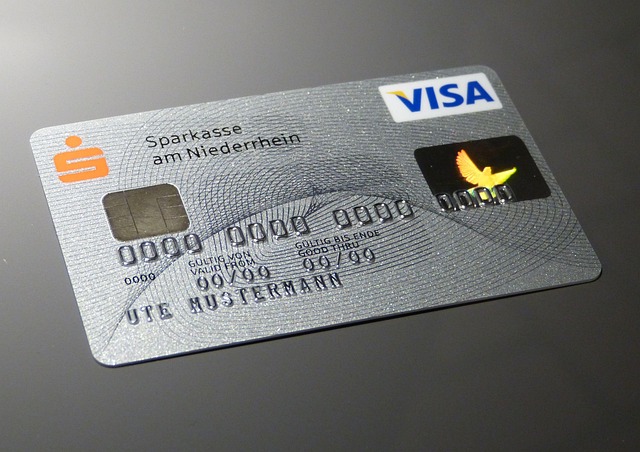General overview of money transfer services in Japan
International remittance services for Japan involve different operational models and conditions. Common aspects referenced during evaluation include: – Fee structures and rate calculations – Availability of encrypted online transfer channels – Processing times linked to various transaction methods

Understanding Money Transfer Rate Structures in Japan
Japanese money transfer services typically operate on two main fee components: the transfer fee and the exchange rate margin. Banks traditionally charge a flat fee ranging from ¥2,500 to ¥7,500 per transfer, while digital providers often offer more competitive rates. Exchange rate margins usually vary between 1% to 5%, depending on the service provider and transfer amount.
Secure Channels for International Transfers
Several secure channels are available for sending money from Japan:
-
Traditional Banks: Major Japanese banks like MUFG, Mizuho, and SMBC
-
Digital Transfer Services: TransferWise (Wise), PayPal, and OFX
-
Cryptocurrency Platforms: BitFlyer and other regulated exchanges
-
International Money Transfer Operators: Western Union and MoneyGram
Processing Times and Transaction Methods
Transfer processing times vary significantly based on the chosen method:
-
Bank-to-bank transfers: 2-5 business days
-
Digital transfer services: 1-3 business days
-
Cryptocurrency transfers: Usually within minutes to hours
-
Cash pickup services: Often immediate to 24 hours
Common Transfer Service Providers in Japan
| Provider | Transfer Method | Processing Time | Key Features |
|---|---|---|---|
| MUFG Bank | Bank Transfer | 2-5 days | Extensive branch network |
| Wise | Digital | 1-2 days | Low exchange rates |
| Western Union | Cash/Digital | Same day | Cash pickup option |
| PayPal | Digital | Instant* | Linked to bank accounts |
| SBI Remit | Digital | 1-2 days | Specialized in Asian transfers |
*Instant between PayPal accounts; bank withdrawals take 3-5 business days
Prices, rates, or cost estimates mentioned in this article are based on the latest available information but may change over time. Independent research is advised before making financial decisions.
Compliance and Security Considerations
Japanese regulations require identification verification for international transfers exceeding ¥100,000. This typically includes presenting residence cards (for foreigners) or Japanese ID cards, plus documentation explaining the transfer purpose. Most providers implement advanced encryption and security protocols to protect transactions.
The landscape of money transfer services in Japan continues to expand, offering increasingly competitive rates and convenient options. While traditional banks remain a stable choice, digital platforms are gaining popularity due to their accessibility and often more favorable exchange rates. The key is selecting a service that balances security, speed, and cost-effectiveness for your specific transfer needs.




